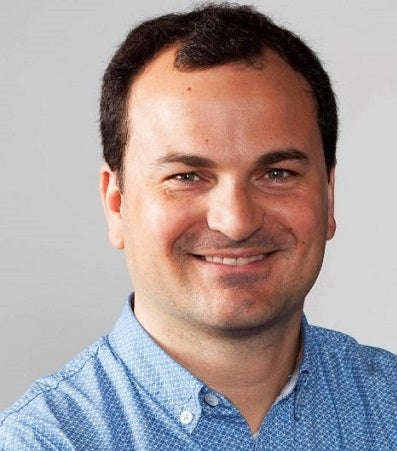Dr. Christopher Wickert
Christopher Wickert is Associate Professor of Ethics & Sustainability in the Department of Management & Organization at VU Amsterdam. His research examines corporate social responsibility (CSR) and corporate sustainability as well as the broader relationship between business and society by drawing on various strands of organization and management theory.
Christopher obtained his PhD in Management from the University of Lausanne in Switzerland in 2013. During his doctoral studies, he has also conducted research and taught at University of Zurich, University of St. Gallen and at IESE Business School in Barcelona. Prior to becoming a researcher, he worked as a consultant with the United Nations Global Compact Office in New York. He holds an MSc degree in business administration from WHU Otto Beisheim School of Management in Vallendar, Germany.

Course Description
This course aims to explore questions in the philosophy of science and to discuss them in relation to examples from different areas of business studies, with a particular focus given on understanding differences and similarities of the positivistic, interpretative, and critical approaches to management research.
Among the key questions addressed and discussed within the course are:
- What is science?
- How do we decide what is scientific and what is not?
- How can we demarcate science from other activities?
- What are the ontological foundations, goals and epistemological interests of different scientific paradigms?
- What are the philosophical problems that are particular to business research?
- Can science be objective and value-free?
- What are implications for theory development?
Download the course manual here.
Study Characteristics
- Study period: September 2024 – October 2024 (Period 1)
- Credits: 3 ECTS
- Tuition fee: €750 (20% discount for early bird registration)
- Registration deadline: 14-08-2024 (early bird registration: 29-07-2024)
- Recommendation: This is an ideal course for first year students.
- Teaching methods: Seminars involving interactive lectures, discussions, and team presentations; intense preparation required
- Assessment: Individual essays (40%), team presentations (10%), class participation (20%), final assignment (30%)
- Target audience: Research master and PhD students in business and management or related fields
- Admission requirements: All participants are expected to be proficient in English
-
Course Description & Study Characteristics
Course Description
This course aims to explore questions in the philosophy of science and to discuss them in relation to examples from different areas of business studies, with a particular focus given on understanding differences and similarities of the positivistic, interpretative, and critical approaches to management research.
Among the key questions addressed and discussed within the course are:
- What is science?
- How do we decide what is scientific and what is not?
- How can we demarcate science from other activities?
- What are the ontological foundations, goals and epistemological interests of different scientific paradigms?
- What are the philosophical problems that are particular to business research?
- Can science be objective and value-free?
- What are implications for theory development?
Download the course manual here.
Study Characteristics
- Study period: September 2024 – October 2024 (Period 1)
- Credits: 3 ECTS
- Tuition fee: €750 (20% discount for early bird registration)
- Registration deadline: 14-08-2024 (early bird registration: 29-07-2024)
- Recommendation: This is an ideal course for first year students.
- Teaching methods: Seminars involving interactive lectures, discussions, and team presentations; intense preparation required
- Assessment: Individual essays (40%), team presentations (10%), class participation (20%), final assignment (30%)
- Target audience: Research master and PhD students in business and management or related fields
- Admission requirements: All participants are expected to be proficient in English
Would you like to register or want to know more?
Please register with the Apply Now button at the top of this page. For more info please contact the course coordinator dr. Christopher Wickert: